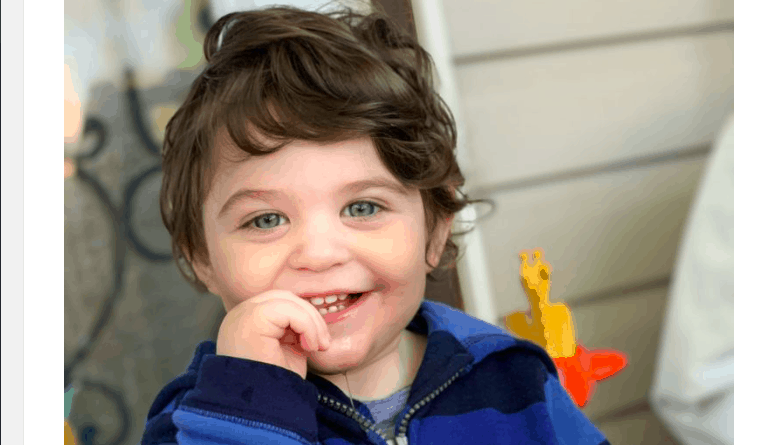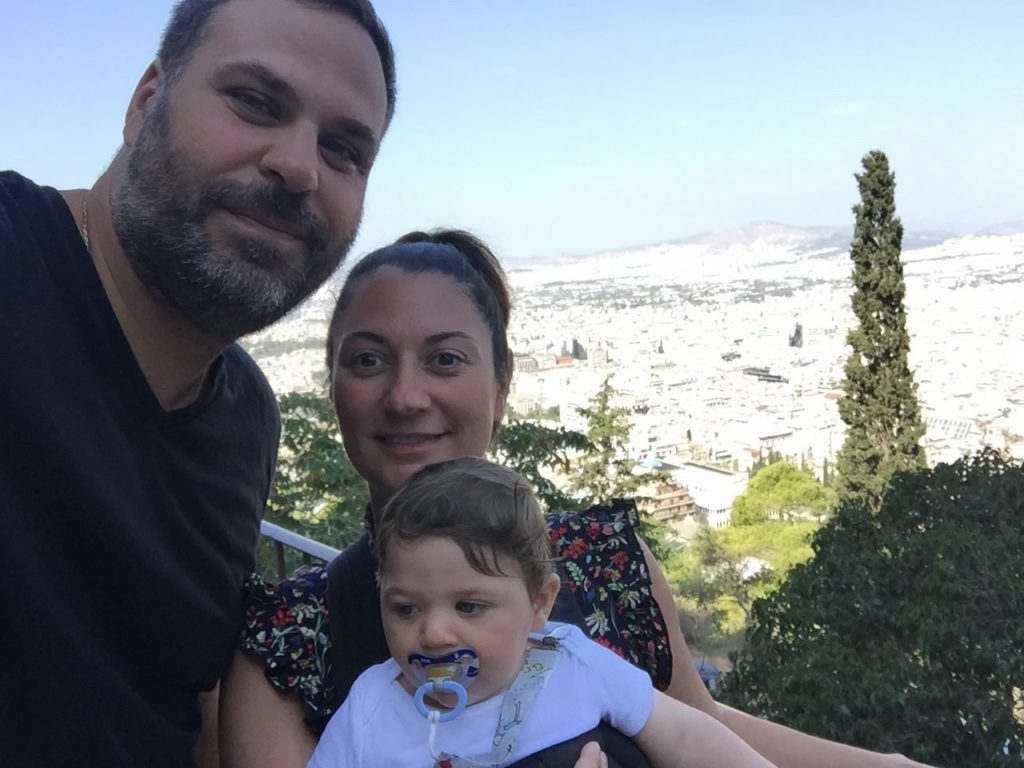
It’s every parent’s worst nightmare to know that their child’s existence is darkened by a debilitating illness and all the physical pain, practical challenges and emotional trauma that go with it. Especially when the disease your child has been diagnosed with is so rare that there is no existing treatment or cure. This is the case for 18 month-old Michael Pirovolakis, a sweet-natured, bright-eyed baby who is the only boy in all of Canada diagnosed with a hereditary spastic paraplegia called SPG50.
Extremely rare worldwide (with less than 60 cases recorded globally), and thus still not researched by pharmaceutical and medical companies and organisations, the disease means that Michael’s physical and mental functions will soon begin to shut down. His family has sprung into action, creating a fundraiser in an urgent and desperate search for support to raise enough money for the development of a gene therapy to treat SPG50.
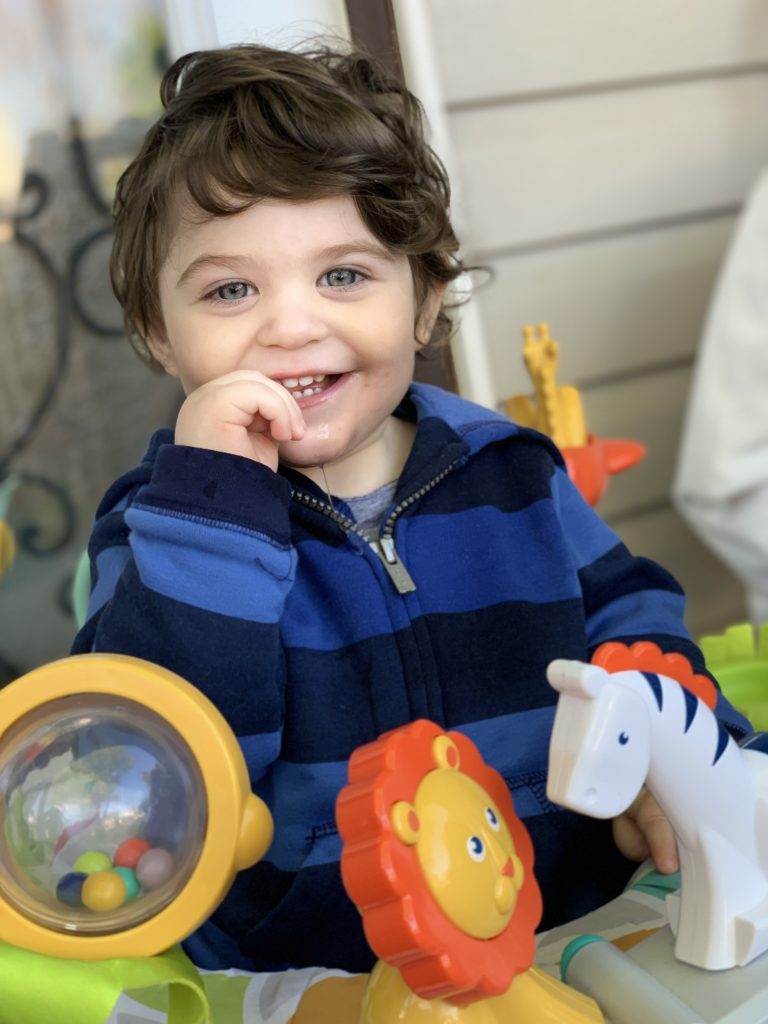
Over the past months, the Pirovolakis family has researched every possible option, leaving no stone unturned. Since Michael’s disease affects the central nervous system, it’s very difficult if not impossible for a drug to pass the blood-brain barrier; the only realistic option is to turn to gene therapy, or a treatment called ASO's. Since ASO's are considered a ‘designer’ gene therapy created for individual cases, they tend to be very expensive, at around $5 million. After deciding that gene therapy was their best option, the Pirovolakos family’s next step was to find the best specialist doctor in the world.
“That journey took us to Washington, Cambridge, Sheffield, and Texas,” says Pirovolakis. “After meeting all the world’s leading experts we decided to go with Dr Steven Gray from the University of Texas Southwestern Medical Centre.” Dr Gray has already been working on a gene therapy for another type of spastic paraplegia, SPG47, and although the symptoms are comparable, the two cases would need differently formulated viruses. Each problem gene needs a singular treatment – and its own clinical trial, however, finding a treatment would be a breakthrough for any other such cases. Michael’s mother, Georgia Kumaritakis says “It’s not just for him, because as we started thinking, what about all the other kids that will be born with it in the future?”
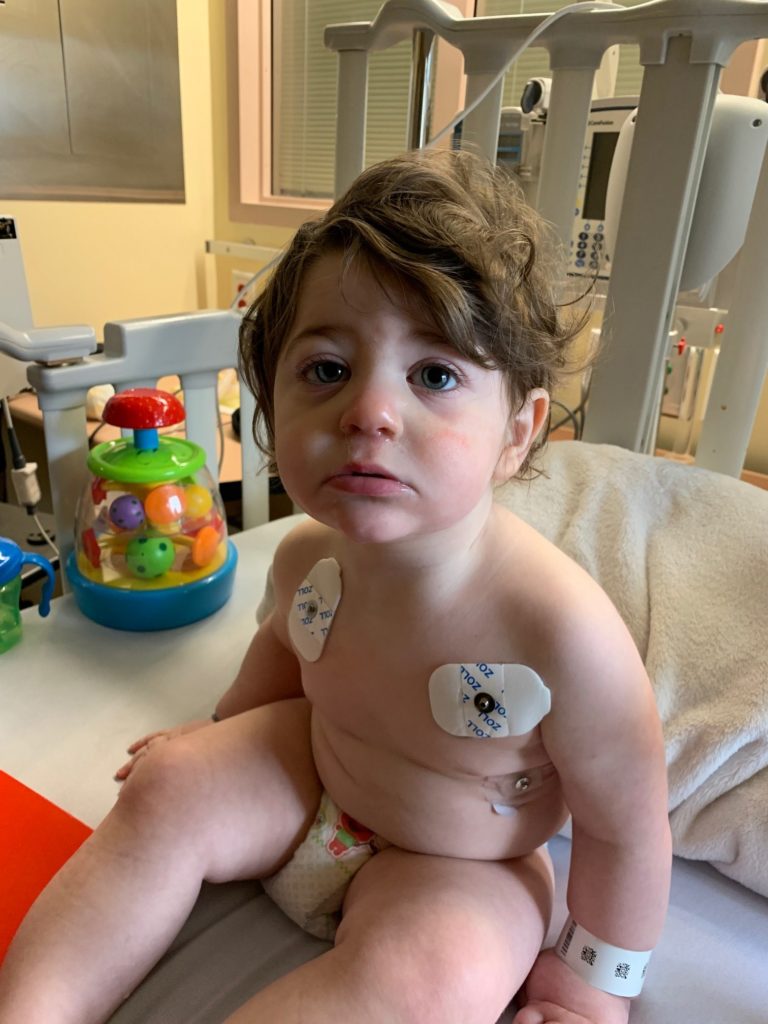
At a quick glance, Michael looks like a normal, happy 18-month-old boy who loves life. “He’s always laughing and crawling behind his siblings, climbing into the kitchen cupboard and pulling everything out,” says his father Terry. However, Michael is still not walking or talking; doctors say it will take him longer to develop those skills and that it remains uncertain whether he will ever speak or walk unassisted. “We were told that the by the time he is four years old the spasticity will begin to seriously afflict him and he will gradually lose the ability to use his feet and eventually his hands,” Pirovolakis tells Greek City Times.
There is no guarantee that even if the gene therapy were to be developed, it would actually cure Michael or other children with his condition, but hope reigns supreme. “Honestly, we just strive to keep everything positive,” Pirovolakis says, “we are determined to continue on this journey to cure Michael and so we spend all our time and focus on keeping him healthy and strong. We have dark days where we just cry and wonder why this happened to our little boy, but all we can do is let it pass and just keep moving forward. When Michael was initially diagnosed with Microcephaly we went on a pilgrimage to Greece and took him to visit the tomb of Agios Nektarios. One of the nuns saw us crying and came up to us to offer solace; she said ‘whatever God has in store for Michael will transpire as he grows. Have faith, and believe that God will help you’ and so in our darkest days we just have faith that he will be cured.”
I ask Pirovolakis about the added parental challenge of having to explain what’s going on to Michael’s siblings, Zach and Zoe, aged five and eight. “Our kids are still young and so we keep everything at a very high level,” he says. “They know their bother is sick and that he goes to physiotherapy to help him get stronger but they don’t know that one day he may be wheelchair-bound.”
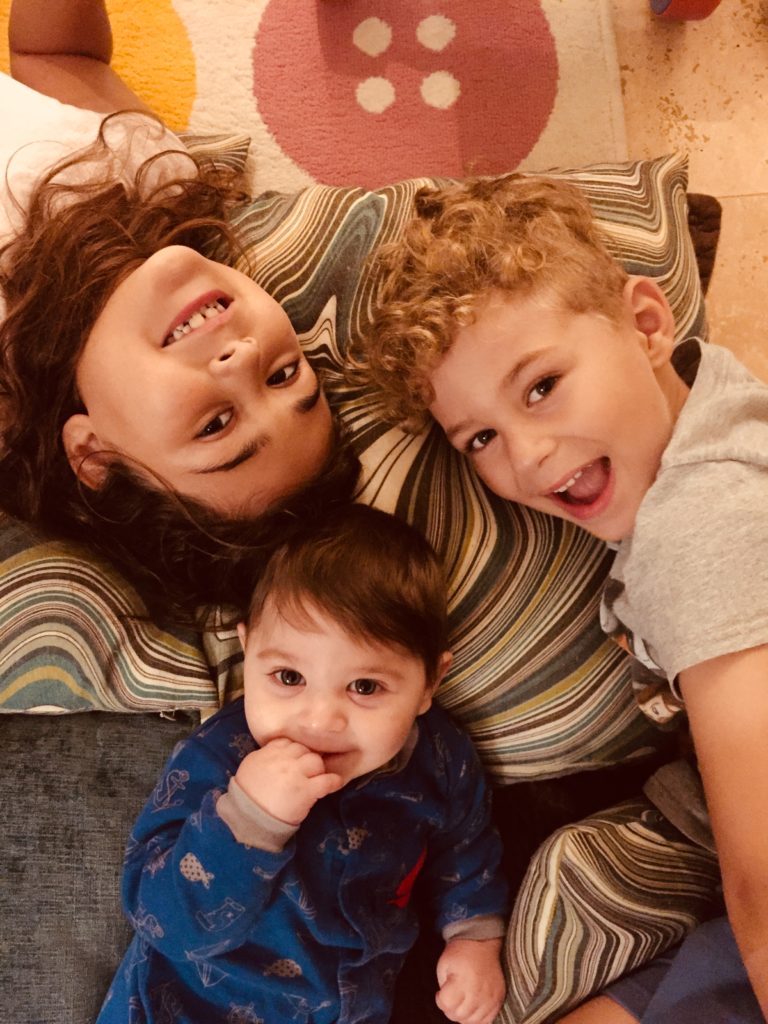
“Michael has had three seizures and both of our kids witnessed two of the three - they were really frighted by what was happening and it was very difficult to watch and explain to them. In the weeks that followed they watched him closely, always fearing that it would happen again. They also know that we’re on a mission to cure him, and they tell anyone who will listen that we are going to cure baby Michael.”
You can support the Pirovolakis family in their online fundraiser to raise $3 million and bring the gene therapy that could help Michael to the U.S. Food and Drug Administration for approval.

